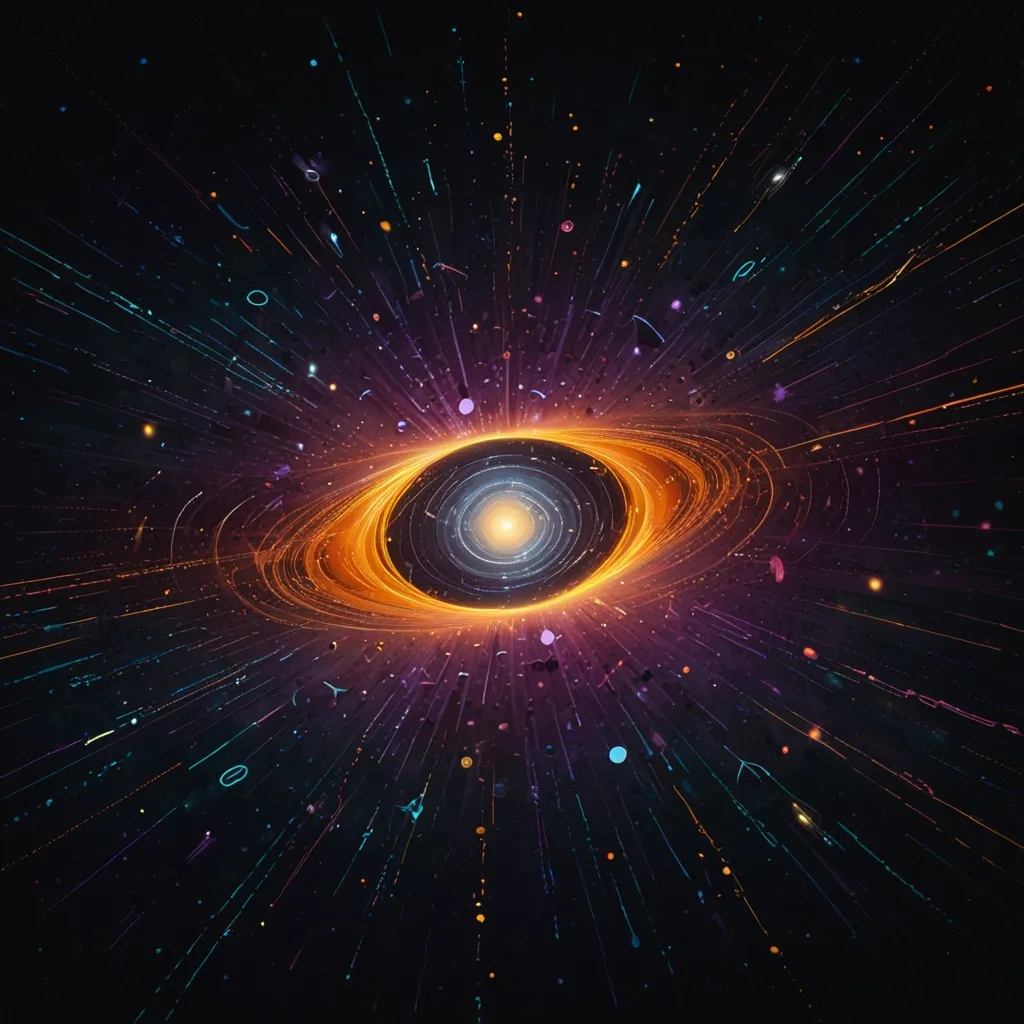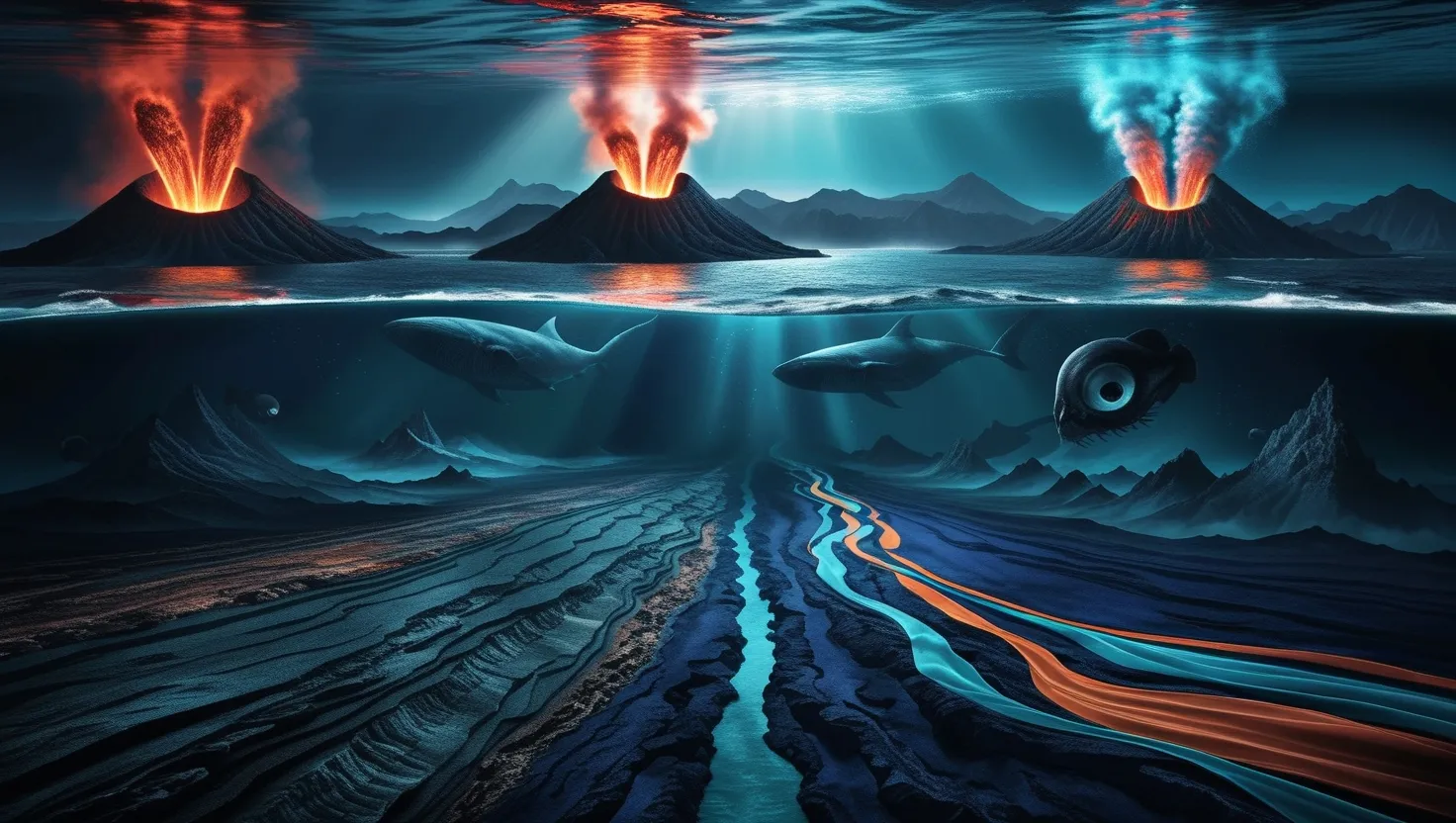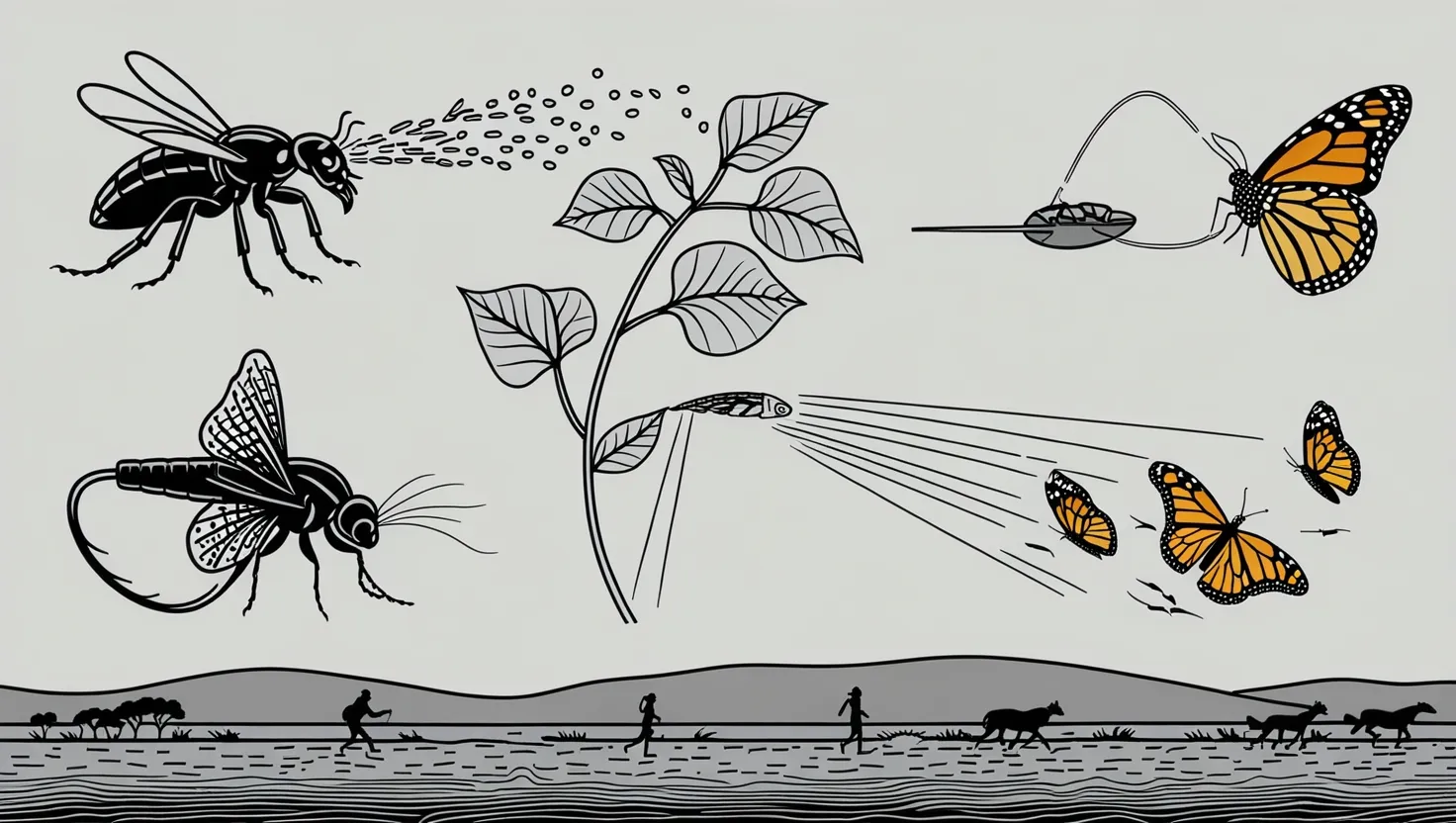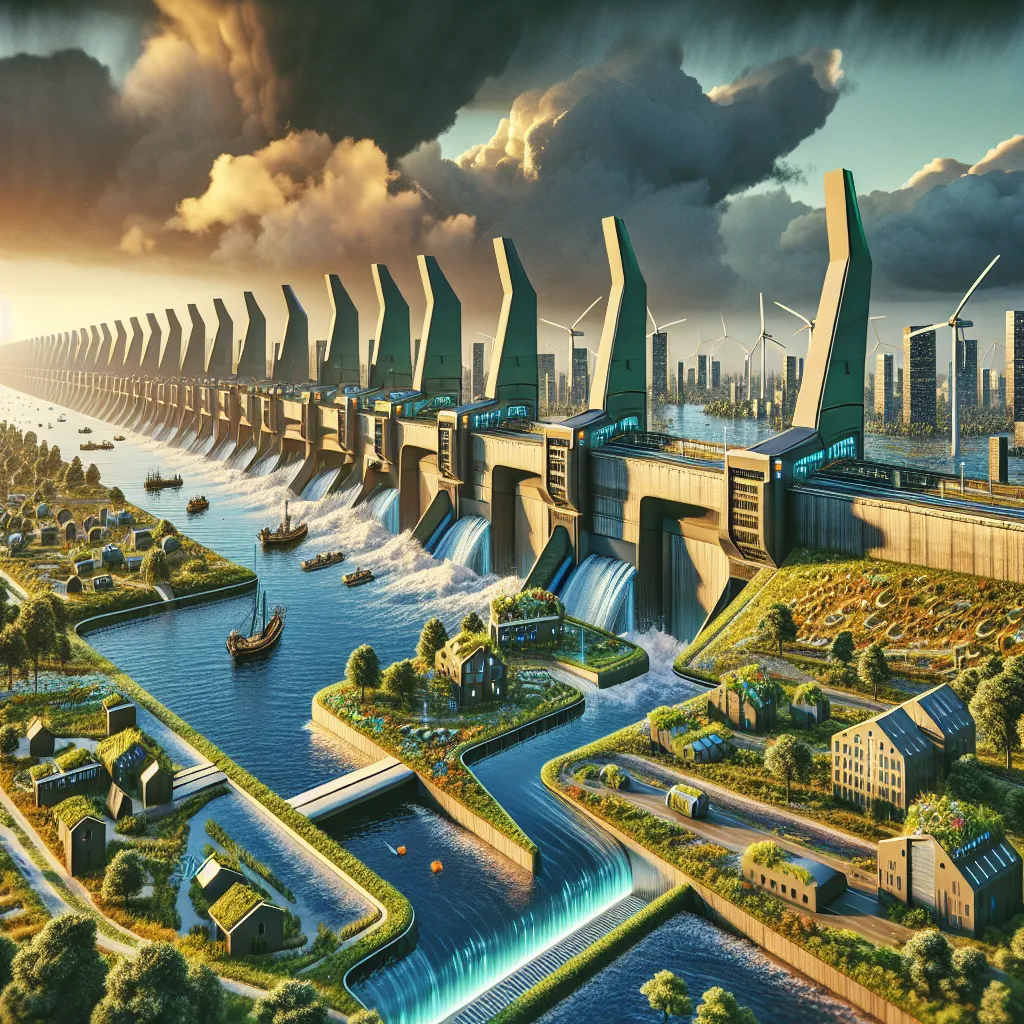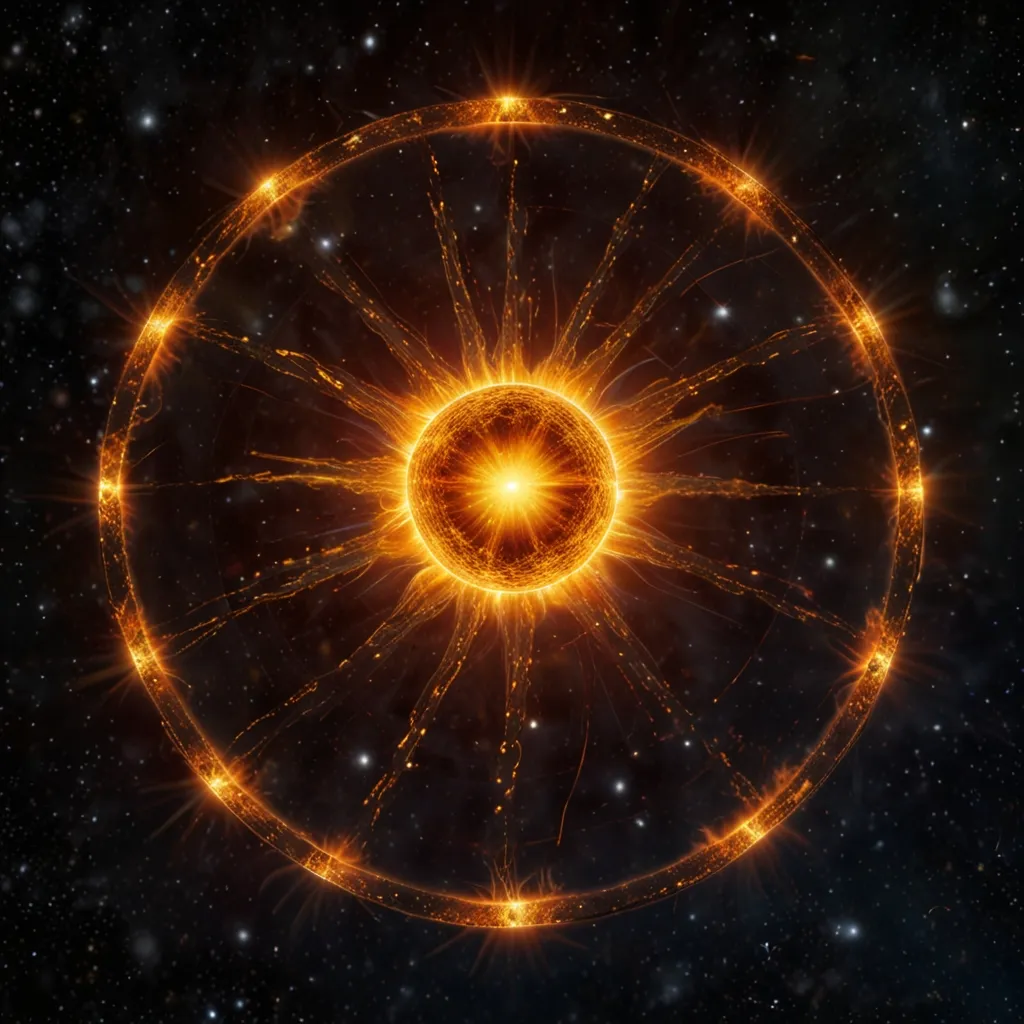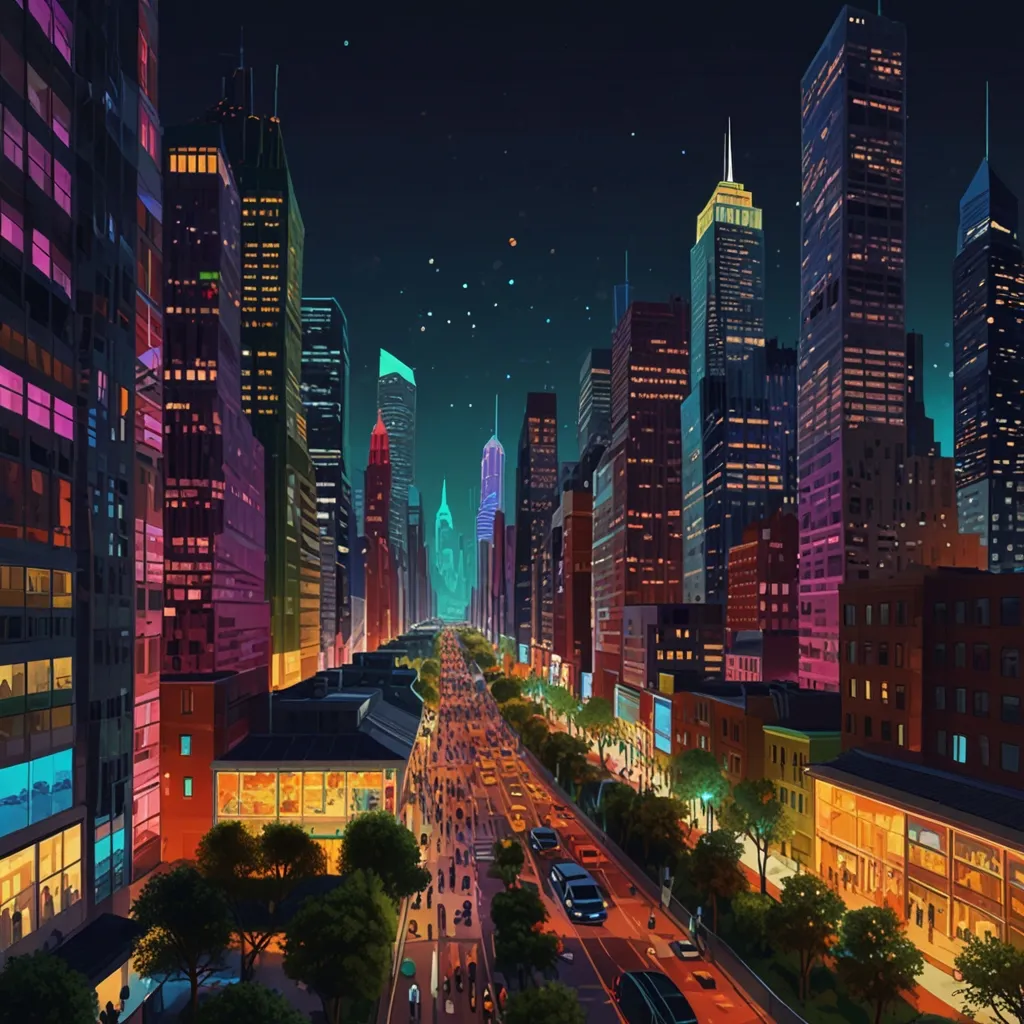Hell is supposed to be a place where you endure suffering for eternity. But what does that really mean? Let’s think about it logically. There are two kinds of suffering: physical and emotional. And we’re talking about eternity, which is forever. To endure such endless time, our current physical selves wouldn’t suffice. Human bodies can’t last forever. Living up to 80 or 90 years is considered old, and Jeanne Calment of France holds the record at 122 years, but that’s still nothing compared to eternity.
Even a million years doesn’t come close to eternity. Think bigger—a billion years, or a billion times a billion, isn’t even a fraction of forever. Our bodies simply wouldn’t last that long. In fact, no material thing can last forever. The universe is expanding at an accelerating rate. Someday, trillions of years from now, this expansion will tear apart everything, right down to molecules and atoms. So, material things are ruled out for eternal existence.
What could last forever, then? Probably pure energy. But physical harm doesn’t apply to pure energy. Trying to put more energy into energy just makes it more energetic; it doesn’t harm or destroy it. Pure energy can’t be killed or harmed physically. So, let’s think about mental suffering.
Could pure, conscious energy experience mental or emotional pain? Possibly, especially if it retains memories from its mortal life. Humans suffer from painful memories that can last a lifetime. If memories haunted us for centuries or millennia, would the pain persist? Likely not. Over eternity, time is vast enough for healing.
So, what is hell, really? If a god wanted us to suffer eternally, we’d need to feel physical and mental pain. But consider this: for us, the years we live are practically our eternity, as there’s no proof of consciousness before birth or after death. Many people don’t recall anything before they were born, and there’s no evidence suggesting awareness after we die. This brings a startling notion: maybe we’re already in hell, or, depending on our perspective, heaven.
It’s a bit sad to think we might be living the hell we’ve always feared. But on the flip side, by analogy, if heaven is a state of eternal happiness, we might just be living that, too.

